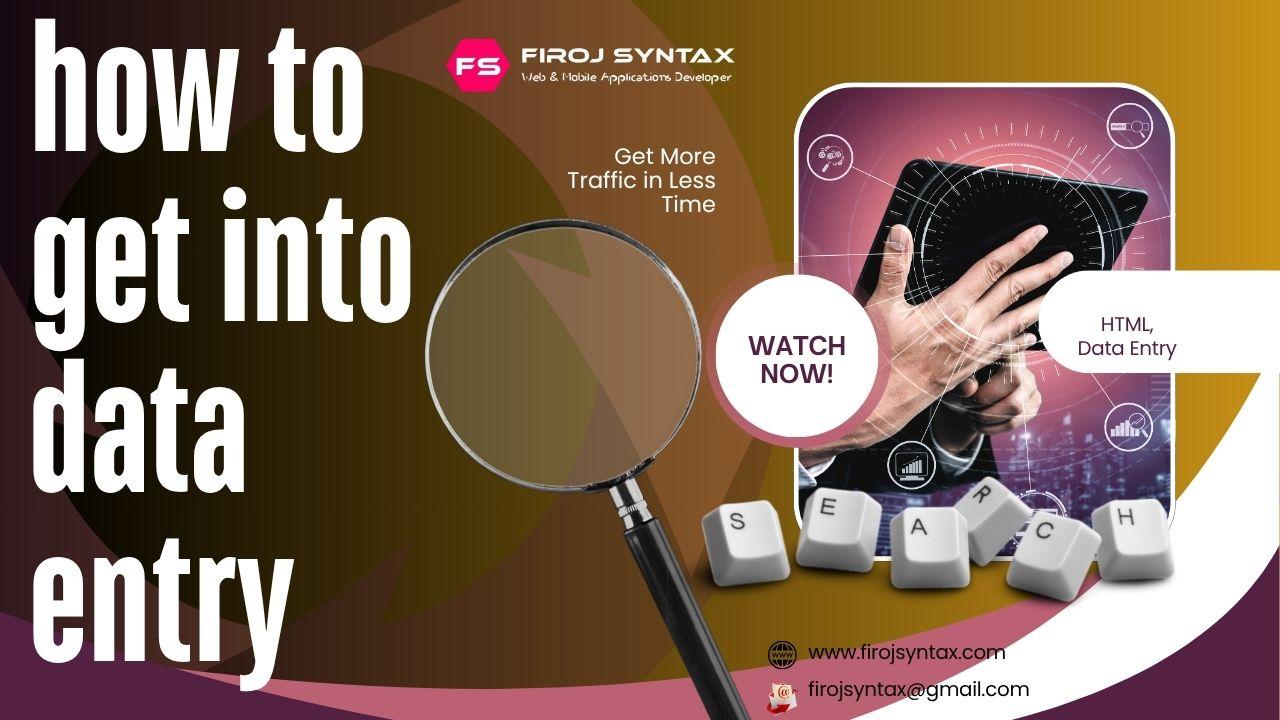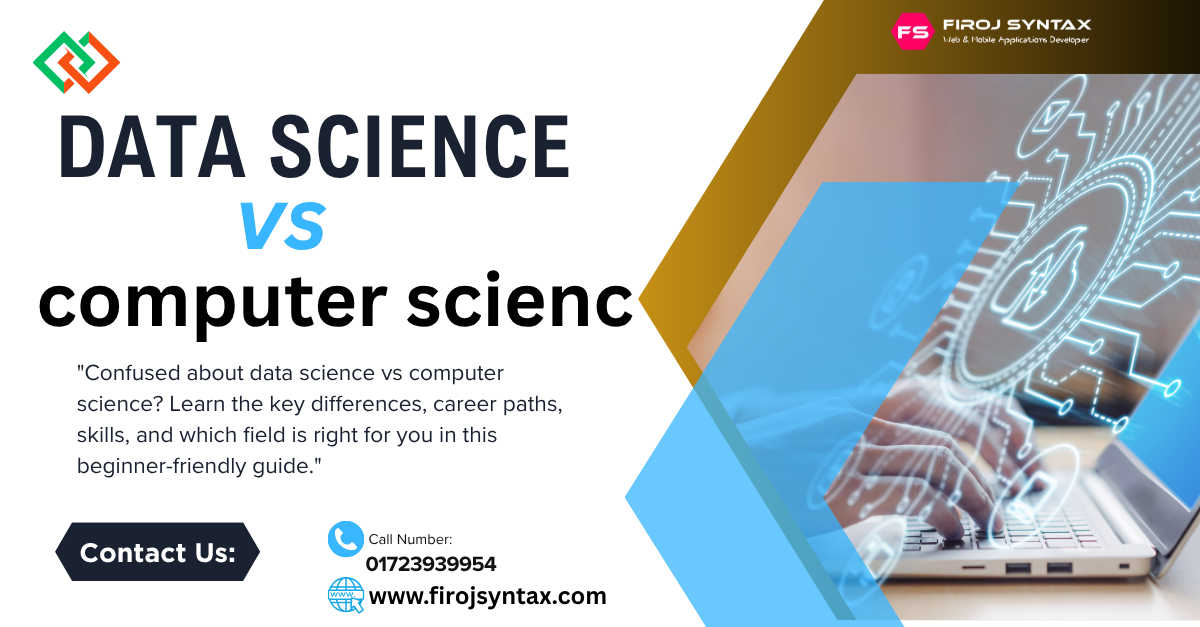Discover how to get into data entry with no experience. Learn simple steps to start legit, flexible work-from-home data entry jobs—perfect for beginners

Ever wondered how to get into data entry with no experience, just curiosity and a laptop? I've been there—scrolling job boards late at night, hoping to find something flexible, legit, and beginner-friendly. The good news? You don't need a fancy degree or years of technical experience to get started. Work-from-home data entry jobs are one of the easiest ways to break into remote work—especially if you're juggling school, parenting, or looking for part-time data entry jobs . In this guide, I'll walk you through what I've learned step by step. Ready to take that first small but powerful step? Let's dive in.
Ever wondered how to get into data entry with no experience? I've been there—scrolling through job listings late at night, hoping to find something flexible, honest, and beginner-friendly. The truth is that many people start their journey with data entry to earn a living from home or as a stepping stone into the tech industry. The best part? You don't need a fancy degree or years of training. All you need is the right skills and the mindset to learn. Whether you're juggling school, parenting, or looking for part-time data entry jobs, work-from-home data entry jobs offer a simple way to start earning . In this guide, I'll share what I've learned about how to get into data entry, step by step, so that you can take your first confident step today.
Think of data entry as digital house keeping. You're taking information—like names, numbers, or product details—and organizing it where it belongs:
into spreadsheets, databases, or online systems. It's the kind of work that keeps businesses running smoothly in the background.
ou'll see tasks like typing up handwritten notes, inputting survey results, or updating customer records. Companies of all sizes—from solo entrepreneurs to big corporations—need this kind of help. It's not glamorous, but it's solid, reliable, and in high demand. And yes, it's often remote, which means you can work from your kitchen table or a local café.
Let's be real—data entry isn't about flashy titles or instant fame. However, if you're detail-oriented, enjoy working with clean spreadsheets, and prefer quiet, focused work, this could be a perfect fit. You'll need to type accurately, follow instructions, and stay organized. That's it. No coding. No fancy jargon.
It's great for students, stay-at-home parents, or anyone looking for a side hustle that doesn't require a lot of mental effort. And if you're considering a tech career later on, this is a solid foundation to build upon. It's kind of like choosing between data science and computer science —those are long-haul fields, while data entry is a door you can open today without needing a tech degree.
Here's the part I wish someone had explained to me in the beginning. If you're wondering how to get into data entry with zero experience, follow these steps:
The goal is to show you're reliable, detail-oriented, and ready to learn. That's what clients want.
Now that you're ready, where do you find these jobs? Some of the best places to look for work-from-home data entry jobs include:
Watch out for scams, though. If something sounds too good to be true (like "$500 per hour for data entry!!"), it probably is. Never pay to apply.
The beauty of this field is flexibility. Many part-time data entry jobs let you work just a few hours a day or on weekends. That's why so many students and parents love it—it fits around your life, not the other way around.
You can earn anywhere from $5 to $20 per hour, depending on your speed and the platform. It's not a fortune, but it's consistent. And if you're balancing school or another job , this is one of the most forgiving paths you can take. No meetings. No commute. Just focused, quiet work.
If data entry feels like dipping your toe into the tech world—you're right. It's the beginner lane on the highway to bigger things. Once you've got the hang of organizing data, you might wonder what's next: data science vs computer science , maybe?
Here's the short version:

| Field | What It Is | What You Do | Typical Tools/Skills | Where It Can Lead |
|---|---|---|---|---|
| Data Entry | Inputting and organizing data | Typing, sorting, checking for accuracy | Excel, Google Sheets, Typing | Virtual Assistant, CRM Specialist |
| Data Science | Analyzing and interpreting data trends | Cleaning data, building models, creating insights | Python, SQL, Tableau | Data Analyst, Machine Learning Engineer |
| Computer Science | Designing and building software systems | Programming, algorithms, system design | Java, C++, Git, CS theory | Software Engineer, App Developer |
You don't need to make a decision now. Keep in mind that many individuals who begin in data entry often transition into roles such as virtual assistants, junior analysts, or CRM specialists. Every expert was once a beginner.
Starting is easy. Sticking with it? That takes a little strategy. Here's what helped me stay on track:
Remote work requires discipline. But once you find your rhythm, it becomes second nature.
The journey into data entry isn't flashy, but it's real, practical, and full of quiet wins. You don't need perfect skills—just the willingness to try, learn, and improve.
Start today. Pick one platform, apply to one listing, and take one step forward. That's how I did it, and trust me, it builds from there. Remote work isn't just for coders and creatives—it's for you, too.
Q. Can I get a data entry job with no experience?
Yes, absolutely. Many jobs are labeled "entry-level" and want basic typing and reliability.
Q. How much can I earn from home doing data entry?
Most beginners start between $5–$15/hour. With experience and speed, that can grow.
Q. Are data entry jobs legit?
Yes—but stay alert. Stick to trusted platforms and avoid any job that asks you to pay money upfront.
Q. Is it better to work part-time or full-time?
Depends on your goals. Part-time data entry jobs are great for balance; full-time brings more income.
Q. Do I need to know coding?
Not at all. Data entry is more about spreadsheets and accuracy than programming.
Your email address will not be published. Required fields are marked *